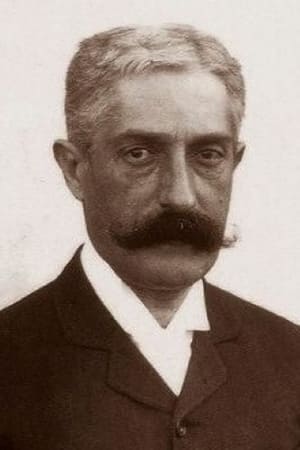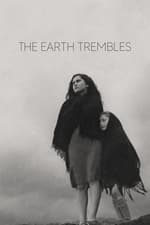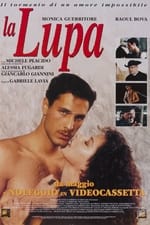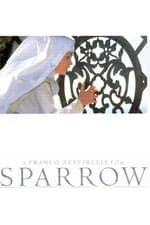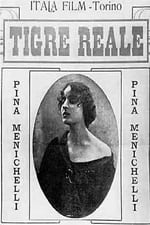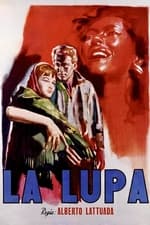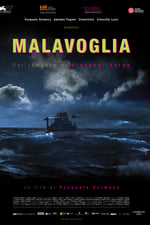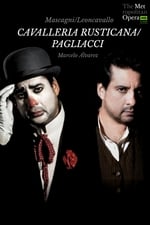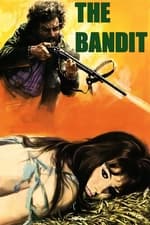Personal Info
Known For Writing
Known Credits 10
Gender Male
Birthday September 2, 1840
Day of Death January 27, 1922 (81 years old)
Place of Birth Catania, Italy
Also Known As
- -
Content Score
100
Yes! Looking good!
Login to report an issue
Biography
Giovanni Carmelo Verga (1840–1922) was an Italian realist (verista) writer, best known for his depictions of life in his native Sicily, especially the short story (and later play) Cavalleria rusticana and the novel often considered his masterpiece, I Malavoglia (The House by the Medlar Tree).
Starting with historical and patriotic novels, Verga went on to write novels in which psychological observation was combined with romantic elements, as in Eva (1873), Tigre reale (1873; “Royal Tigress”), and Eros (1875). These sentimental works were later referred to by Verga as novels “of elegance and adultery.” Eventually he developed the powers that made him prominent among the European novelists of the late 19th century, and within a few years he produced his masterpieces: the short stories of Vita dei campi (1880; “Life in the Fields”) and Novelle rusticane (1883; Little Novels of Sicily), the great novels I malavoglia (1881) and Mastro-don Gesualdo (1889), and Cavalleria rusticana (1884), a play rewritten from a short story, which became immensely popular as an opera (1890) by Pietro Mascagni.
His reputation was slow to develop, but modern critics have assessed him as one of the greatest of all Italian novelists. His influence was particularly marked on the post-World War II generation of Italian authors; a landmark film of the Neorealist cinema movement, Luchino Visconti’s Terra trema (1948; The Earth Trembles), was based on I malavoglia.
Giovanni Carmelo Verga (1840–1922) was an Italian realist (verista) writer, best known for his depictions of life in his native Sicily, especially the short story (and later play) Cavalleria rusticana and the novel often considered his masterpiece, I Malavoglia (The House by the Medlar Tree).
Starting with historical and patriotic novels, Verga went on to write novels in which psychological observation was combined with romantic elements, as in Eva (1873), Tigre reale (1873; “Royal Tigress”), and Eros (1875). These sentimental works were later referred to by Verga as novels “of elegance and adultery.” Eventually he developed the powers that made him prominent among the European novelists of the late 19th century, and within a few years he produced his masterpieces: the short stories of Vita dei campi (1880; “Life in the Fields”) and Novelle rusticane (1883; Little Novels of Sicily), the great novels I malavoglia (1881) and Mastro-don Gesualdo (1889), and Cavalleria rusticana (1884), a play rewritten from a short story, which became immensely popular as an opera (1890) by Pietro Mascagni.
His reputation was slow to develop, but modern critics have assessed him as one of the greatest of all Italian novelists. His influence was particularly marked on the post-World War II generation of Italian authors; a landmark film of the Neorealist cinema movement, Luchino Visconti’s Terra trema (1948; The Earth Trembles), was based on I malavoglia.
Writing
|
|||
|
|||
|
|||
|
|||
|
|||
|
|||
|
|||
|
|||
|
|||
|
